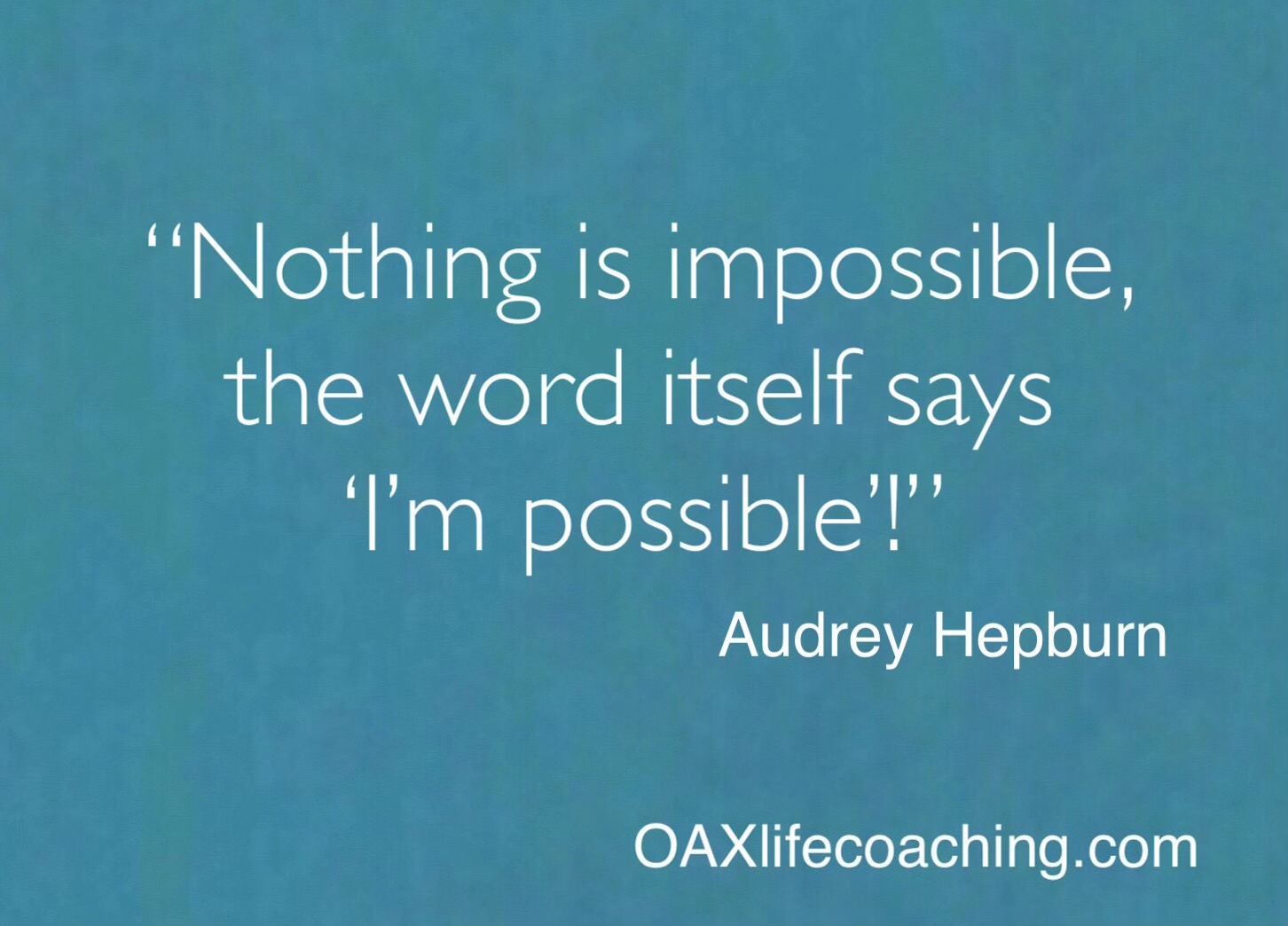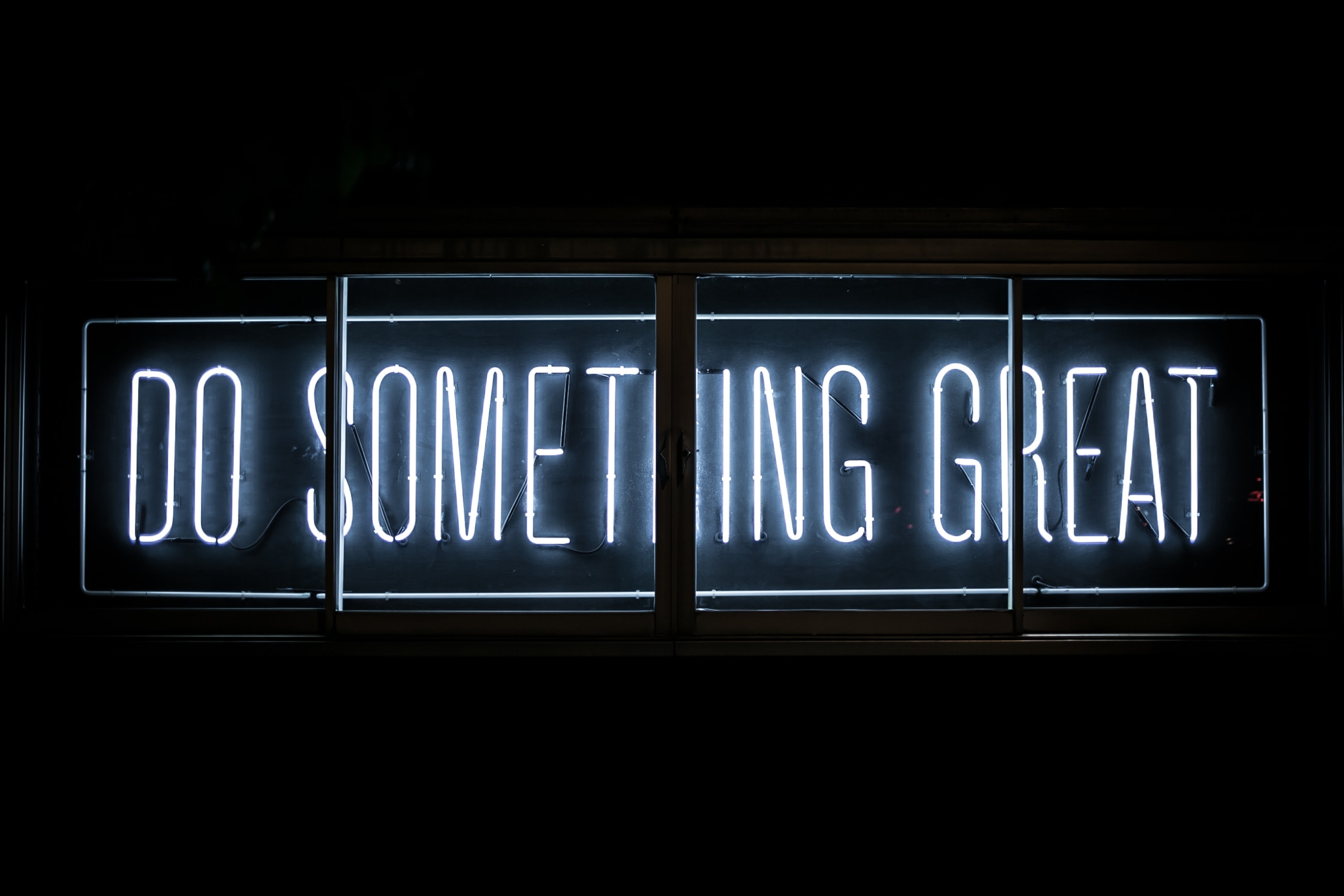Mental Resilience is the ability to adapt to change and uncertainty when life throws you a curveball. Resilience helps you remain calm and flexible during times of crisis. It gives you the mental strength to solve problems, move forward, and remain hopeful even when you are facing setbacks. Being resilient doesn’t mean you experience less grief, distress, or anxiety than others. It means you use proven coping mechanisms and skills to help you get through challenging times.
The good news is that change is within us all. By simply making a few good choices you can open up positive pathways to walk down. Think of it this way, if you were sat in a boat in the middle of a storm and your sails were flapping around uncontrollably, you would call on your inner strength to tie the ropes down to keep those sails tight. The same goes for tackling challenges in life.
If you want to develop your mental resilience try these 5 things:
Expect good things.
If you’re always focussing your energy towards the negative and waiting for things to go wrong, then your life will reflect this. The sharpest way to recover from a setback is to do more positive self talk, i.e “things will get better”, or “this will pass”. Having this optimistic outlook in life will heighten your mood and attitude. Moving forward, focus on the things in your life that are going right. Visualise what is possible and move away from any doubting fears.
Change how you look at things.
When a situation arises that starts to cause you pressure and stress, try changing the way you look at it. Remind yourself that it will pass and everything will eventually calm down. Doing this will also help calm your inner ‘chimp’ down and instead of allowing it to send your thoughts out of control, it will simply be put back in its cage.
Get comfortable with being uncomfortable.
Building up your resilience comes from being uncomfortable. Each time it happens, it feels less stressful. Try to embrace the uncomfortable feelings and focus on the positive aspect of what is happening. Another good way to have this ‘bring it on’ attitude is to constantly try new things. Give that ‘something’ a go. If it doesn’t work out, then rather than sink into negativity, ask yourself ‘what did I learn?’ Each time you step out of your comfort zone, you increase your tolerance for uncertainty.
How you respond.
How you respond to a given situation decides whether it’s going to be a negative or positive emotion or feeling. When facing a set back try to put the emotional pause button on. Just take a moment to consciously decide how you would like to respond. Using self talk such as “it’s not the end of the world” or “OK, what do I need to do?” are just a few ways to calm the situation down.
Write it down.
Our minds can get clogged and blocked at stressful times. The chaos and fog can cause confusion and potentially poor decision making, so grab a pen and paper and write stuff down. Frame your page with titles such as:
•Things I am happy with.
•What would I like to change?
•Things I am looking forward to.
This may feel strange at first, but once you see and absorb your answers you will start to clear the fog and be better placed to see reality with clarity.
It takes a continued and concerted effort to become efficient at mental resilience and there is certainly no final destination. It’s more like a continued practise with a firm belief that you will become more resilient. Training your brain to talk to itself in a kinder, more positive way will help you deal with any challenge that life throws at you.
What are you waiting for? Take the leap of faith. Make the Change. Not tomorrow. Not next week, but NOW.
https://www.oaxlifecoaching.com/book-your-free-consultation/
Chris





Leave A Comment